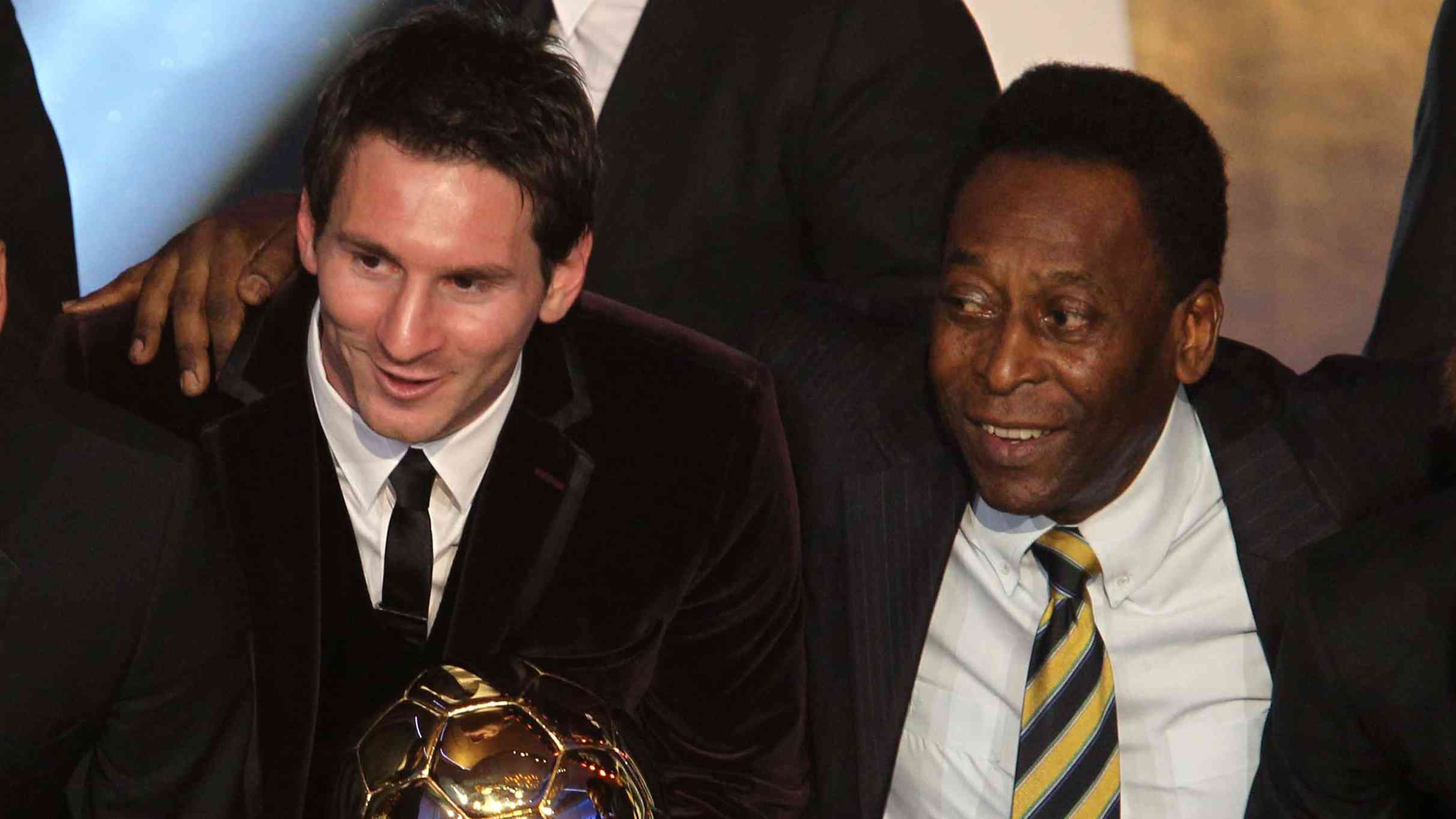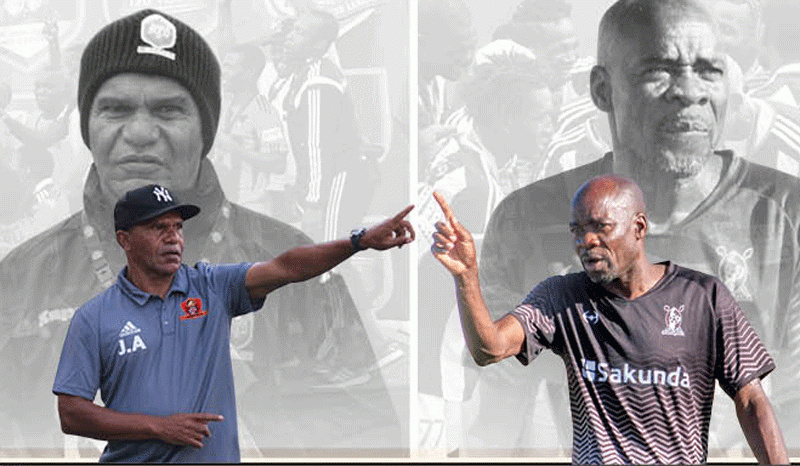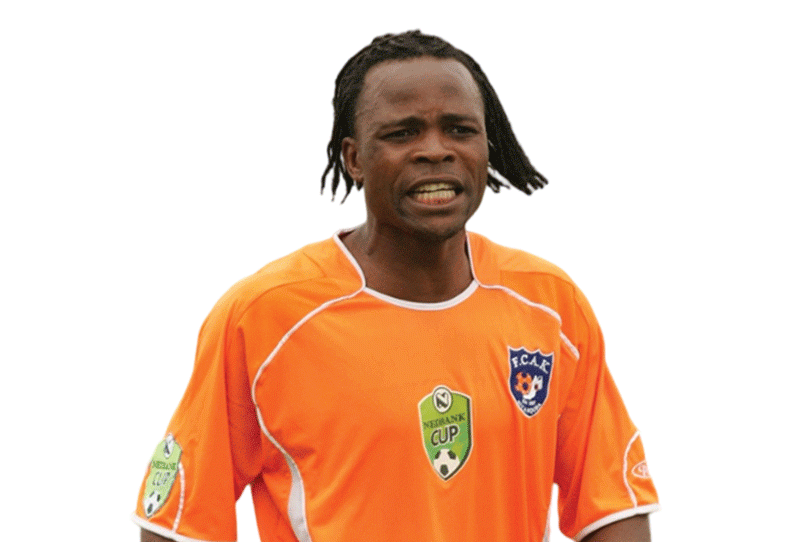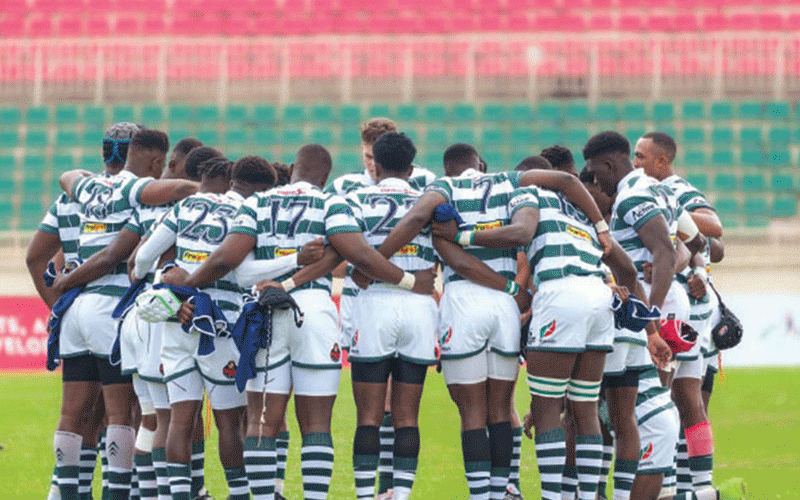
People in all sports love to analyse who is the GOAT (the Greatest Of All Time) in that sport. It is not enough to recognise that there are many great players in each sport and appreciate or even marvel at what they achieve; no, we have to compare them and determine a measuring yardstick by which we can rank them, to see which one is greater than which other one, even if conditions, rules and many other contributing factors have changed considerably.
Even then, though, we have to consider not just who is great or even who is greater but ultimately, we have to know who is the greatest. Is it Messi or Pele? Nicklaus or Woods? Bradman or Tendulkar? Margaret Court or Serena Williams?
It has almost become a game, and English teachers might even use it as an exercise in defining the comparative and superlative forms of adjectives. In the University of Pennsylvania basketball arena there is a plaque that perhaps reflects this but which goes much deeper (NB ‘deeper’ is comparative, not superlative) than such an exercise: it goes to the very heart of sport.
"To win the game is great; to play the game is greater; but to love the game is the greatest of all". And interestingly, it may also have certain links to a well-known and often-quoted verse in the Bible which says, “Faith, hope, love: these three remain — but the greatest of these is love.” Let us consider these more closely.
To win the game is great — no question! There will be no-one disagreeing with such a statement. Winning a game gives an incredible sense of achievement, of fulfilment and indeed of enjoyment.
We have worked hard and achieved what we set out to do; we have overcome barriers and difficulties to reach our goal; we have nullified the opposition’s threats and attacks to come out victorious on the other side.
We have a great sense of thrill in winning a game; we are lifted up on a high and often end up singing, dancing, cheering, smiling, whooping, shouting in celebration.
It also develops our faith in our abilities, skills and process. We have more reason next time to trust each other and our tactics. Such faith is great. It is a great feeling to win the game.
- Grace tidings: Do you understand what it means to be holy?
- Witness will testify that Kelly Khumalo shot Senzo Meyiwa by mistake – defence lawyer
- Grace Tidings: The grace of God and His unconditional love
- Re-imagining the Workplace: The psychology of visions and missions
Keep Reading
However, we are called to discover that there is in fact something better than winning the game – and it is not found in crushing the opposition, in humiliating them. Greater than winning the game is the opportunity to play the game, when millions may not have such a privilege. There is freedom for all in being able to play the game.
The game is for everyone, not just the winners. Being on the pitch, running around, trying out different skills, combining with teammates, none of that can be beaten, as that can happen every time we go on the pitch, no matter the result.
We might see a similar spirit to this in the ‘Selkirk Grace’ poem by the Scottish poet, Rabbie Burns, loosely paraphrased as “Some have meat but cannot eat; others want meat but do not have it; yet we have meat and we can eat so let’s be truly thankful”.
We have the game and we can play it so let us be thankful and delight in it. That brings hope. It is a greater feeling to play the game.
What then can possibly beat that? Yes, it is great to win but it is greater simply to play. Above all, the absolute greatest is to love the game, to see the beauty in it, to delight in all its variations and moods, to follow it unconditionally, to want to be with it day after day, all through our life.
The more we understand, appreciate and improve, the deeper the love goes, way beyond the simplistic, short-lived, volatile, limitation of winning. Love of the game instils within us a deeper respect for the sport and the rules, for the opponents and the officials; we long to see it done right and well, again and again.
We long to be involved in the game, no matter the circumstances. So, when we have such love, we will look at sport with patience and kindness; we will not be envious of others, boast or be proud; we will not delight in ‘stuffing’ the opposition or find ways to bend the rules.
Ultimately, simply, without the love of it, sport is nothing; the trophies, victories, achievements fade. We may be a brilliant player, win endless trophies, beat all opposition, give up many things and train incredibly hard, yet without the love of the game, we are, and have, nothing.
The most important thing a coach or parent can do, therefore, is instil in the youngster a love of sport; with that love they will want to play and by playing they will be more able to win. We may not see it yet; one day we will.
So it is that, yes, these three remain – winning, playing, loving the game. But the greatest of these is love.











